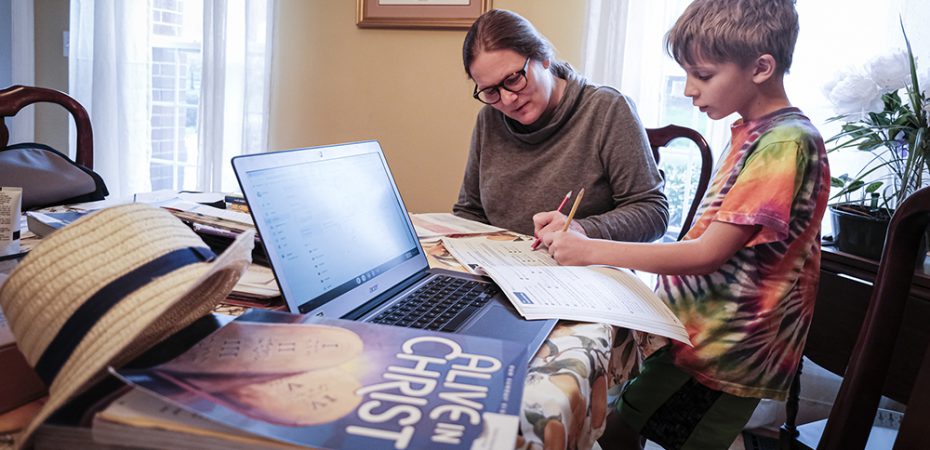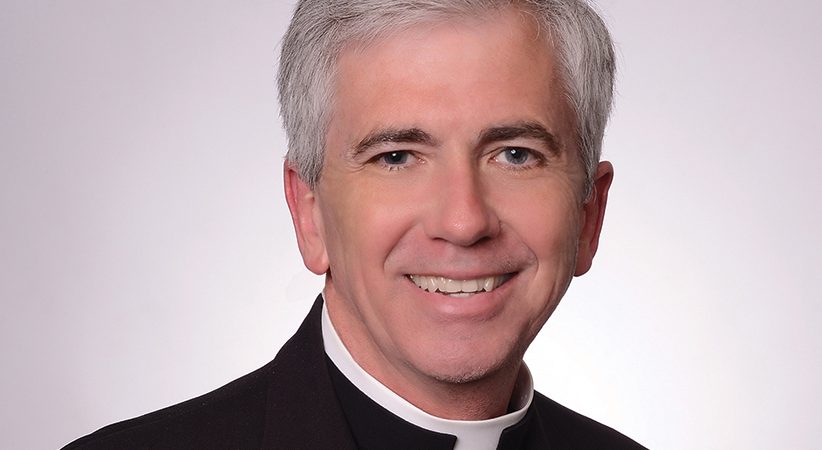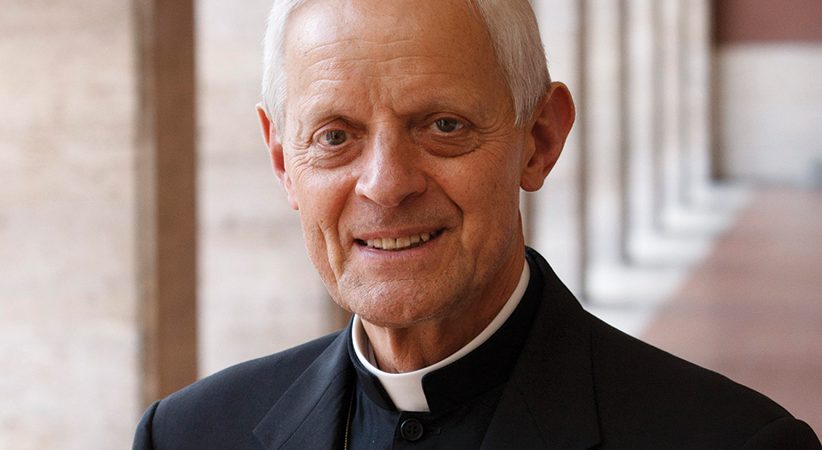Our World Without CCD
Physical distancing and faith formation
Dr. Jo Ann Paradise Comments Off on Our World Without CCD
 Throughout the COVID-19 pandemic, “We are an Easter people” are words many parish leaders have chanted. We need to remind ourselves that God can and does redeem all things if we are open to his creativity and grace. While bishops and liturgists have been challenged to think of creative ways we can engage in communal prayer, especially the Mass, diocesan directors, parish catechetical leaders and catechists are facing the question of what happens to faith formation. How will the need for physical distancing affect the ways in which we proclaim the faith in developmentally appropriate ways?
Throughout the COVID-19 pandemic, “We are an Easter people” are words many parish leaders have chanted. We need to remind ourselves that God can and does redeem all things if we are open to his creativity and grace. While bishops and liturgists have been challenged to think of creative ways we can engage in communal prayer, especially the Mass, diocesan directors, parish catechetical leaders and catechists are facing the question of what happens to faith formation. How will the need for physical distancing affect the ways in which we proclaim the faith in developmentally appropriate ways?
Children sitting in a communal space, touching shared supplies and resources is now unimaginable. Large family gatherings in a social hall, sharing a meal and holding hands in a circle to pray, will be viewed as irresponsible right now. In the midst of their fear, uncertainty and frustration, our parishioners need to hear the Gospel. How do we accompany them if we cannot gather?
This is perhaps the time to remember our Judeo-Christian history. We must recall the story of our ancestors in faith and look to the ways in which the story of salvation was echoed through the ages. God’s revelation to us was told around night fires and celebrated in ritual family sacrifices. As God’s revelation became flesh in Jesus, the call to relationship became even more intimate. Following Jesus’ death and resurrection, the disciples gathered in their household churches to be strengthened by word and sacrament. Their witness to the world that Christ was indeed alive, for he was acting in their own lives, was the Good News they told their children and their children’s children.
Faith is first nurtured and formed in the womb of the family. No one argues with that. How could we, when it is the teaching of the Church? “Children thus perceive and joyously live the closeness of God and of Jesus made manifest by their parents. … This childhood religious awakening which takes place in the family is irreplaceable” (General Directory for Catechesis, No. 226).
Thus the family is the answer. Yet we face several challenges in moving the locus of faith formation to the household. First, statistics tell us that parents today have often moved away from institutional religion. Active participation in liturgy is not a priority in many families. While there is a struggle with religion, in truth we face a crisis of conversion. How do we help these adults meet Christ?
Second, as well-intentioned as parents may be, there is a seeming lack of understanding of the core tenants of our beliefs. Parents feel ill-equipped to teach the Faith. How do we accompany them?
Your families need resources — resources that meet them where they are and equip them with the help they need. You and your parish staff must review the resources you are using and other resources available. Which resources connect your families’ lived experience with faith?
Have they pointed at awakening in the person the spark of faith that God has already given him or her? Is the goal of the resource to help all members of the family to see with new eyes — the eyes of faith? Is the truth of the Church connected to those experiences? There are some resources that have been created to address these specific issues. Finding and implementing them may be the most important work you do this summer.
Consider the model of a “flipped classroom” for parents. Create your own series of podcasts, made available on your parish websites, that expand the objectives of the curriculum you are using and post them there. Or be courageous and video record the presenters. Provide the presenters with an outline and vet their presentations. Make sure they include personal witness. Zoom discussions that follow may be a long-range goal.
We are an Easter people, for all things are possible in God. Throughout history, God’s Word has withstood greater challenges than this. Let the Holy Spirit lead the way.
DR. JO ANN PARADISE is a national speaker, writer and thought leader in the field of faith formation.





